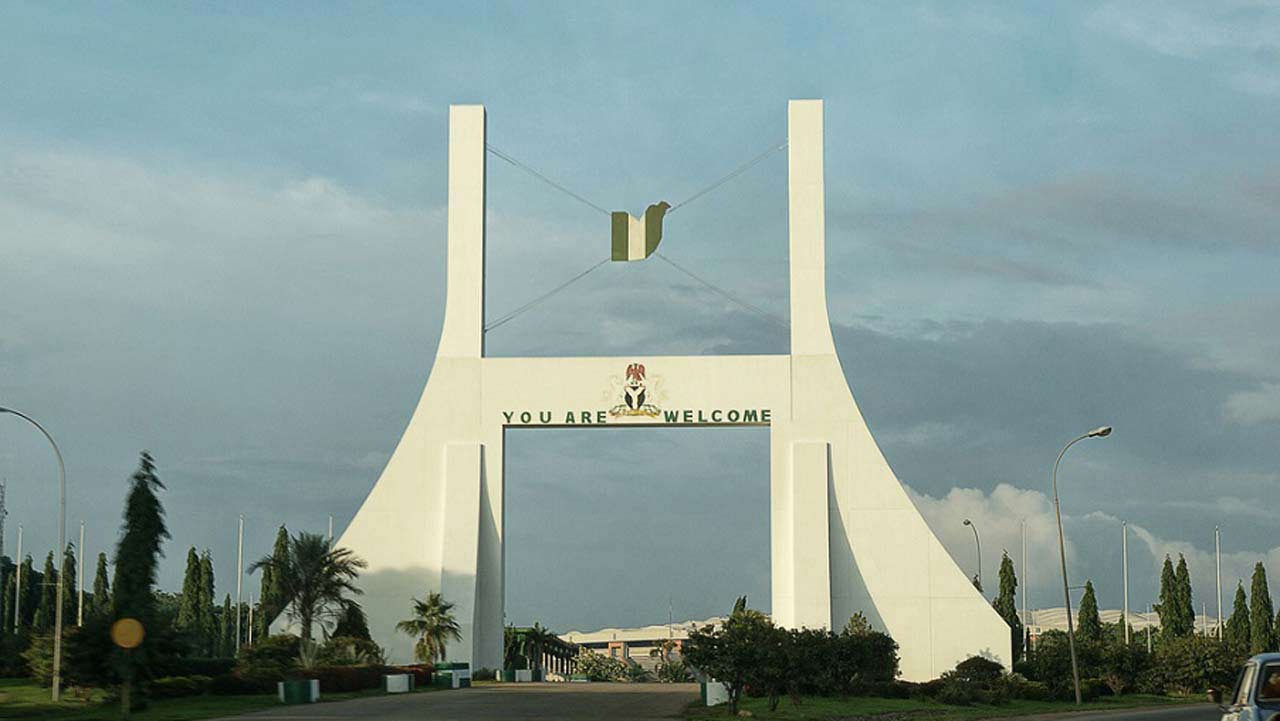
In ways reminiscent of the relocation of the country’s capital from Lagos to Abuja on December 12, 1991, the Ministry of Aviation the other day directed agencies under the ministry to move their corporate headquarters to the nation’s capital, Abuja. The directive signed by Muhammad Shehu, director, Human Resource Management on behalf of the ministry, gave the agencies 45 days within which to relocate to Federal Capital Territory (FCT). However, industry watchers have noted that the order for relocation has been subsisting since 2012 though it was first mooted in 2008.
Under the subsisting order for relocation, the following agencies, namely, Federal Airports Authority of Nigeria (FAAN), the Nigerian Airspace Management Agency (NAMA), Accident Investigation Bureau (AIB) and the Nigerian Civil Aviation Authority (NCAA) are candidates for relocation. Two other agencies, the Nigerian Meteorological Agency (NiMET) and the Nigerian College of Aviation Technology (NCAT) had earlier relocated to FCT and Kaduna respectively.
According to the authorities, the reason for relocation is essentially to enhance efficiency and service delivery of the ministry and the agencies. They also argued that the COVID-19 health emergency has become an added impetus to quest for relocation. On the part of the ministry, it is reasoned that its consequent worldwide economic impact requires prudent management of resources. Thus, relocation would enable government to streamline the activities of the agencies with the Ministry of Aviation and other government agencies in the seat of government. Besides, the residences of the agencies’ chief executives and their interface with the Abuja authorities have involved huge financial outlay. Their relocation it is expected would plug the inherent financial leakage and distraction involved in that two-way interaction. Even at that, there is an associated drawback. Additional problem with relocation is that the accommodation for the agencies in Abuja, apart from NCAA and AIB, others don’t have office complexes, providing the basis for the allegation that corrupt officials are seeking an avenue to rent their redundant property and estates in Abuja to the agencies.
Notwithstanding, there are a number of issues begging for answers. These include the timing, cost, transparency and integrity of the process. Relocation under the current lockdown is seen as counterproductive to the touted efficiency of the agencies. Aviation watchers struggle to understand the rationale of relocating the headquarters during COVID-19 regime of interstate movement restriction beside the projection that aviation businesses might pick up again in the third quarter of 2020.
Also, relocation presents a challenge in the humongous cost of moving both personnel and administrative solid and soft assets to the federal capital. Labour leaders in the aviation industry, for instance, have severely criticised the decision of the government over the relocation, and had maintained that government took the decision at the wrong time, noting that there is paucity of funds to even pay workers their salary at this time. So, it is a wrong time for the agencies to move to Abuja. Besides, Air Transport Services Senior Staff Association of Nigeria (ATSSSAN) while noting that it is not opposing the relocation said it should not be done at the expense of the workers whose allowances must be paid. They are equally worried about the crippling of activities in Lagos by the government as a result of the relocation order. Its sister union, National Union of Air Transport Employees (NUATE) is opposed to the relocation because of its cost and so would wish the government to spend time and resources revamping the sector by providing infrastructure that would guarantee smooth operation.
On the contrary, experts in the industry have also argued that corporate headquarters of aviation authorities are located in the capital. For example, the United States Federal Aviation Administration (FAA), the UK CAA and airport authority and those of African countries like Ghana, South Africa, Egypt, Kenya and Rwanda are located in the capital of their countries respectively and from where they administer the affairs of the industry. A former Airport Commandant, Murtala Mohammed Airport, Lagos, Group Capt. John Ojikutu (rtd) who thumped up for the relocation order on the ground of transparency in the sector argued that, “The airports management earns monies but the CEOs spend the monies through contracts. That explains why the airports including the major ones are deficient in critical safety infrastructure and systems and you can’t hold the airports managers responsible when things go wrong at the airports.” In a way, it is forward looking because when the federal-owned airports are concessioned, it would not matter where the headquarters are situated. It is also important to note that CAAs are independent of the government globally but in Nigeria, they are tied to the apron strings of the Minister of Aviation. FAAN an NAMA are more or less public utilities that generate revenue and therefore ought to be run as commercial entities.
Whatever the arguments are, it is important to restate a number of questions begging for answers. One, is this relocation order free from politics of clustering Abuja with all federal agencies without consideration for its propriety? Two, will the ultimate relocation restore financial and management integrity to the agencies? Three, will the relocation ensure that at least 10 per cent of the net earnings of the agencies is spent on the maintenance of the infrastructure and operations? Four, will it lead to the devolution of power in the agencies for operational efficiency? Five, what will become of the agencies when the federal airports are wholly concessioned to private investors? And six, what is happening to the bidding process for concessioning the initial big four, namely, Lagos, Abuja, Kaduna and Port Harcourt airports?
We are convinced that until these questions are answered, the whole goal of reorganisation of the agencies and revamping of our aviation industry will remain a mirage.






